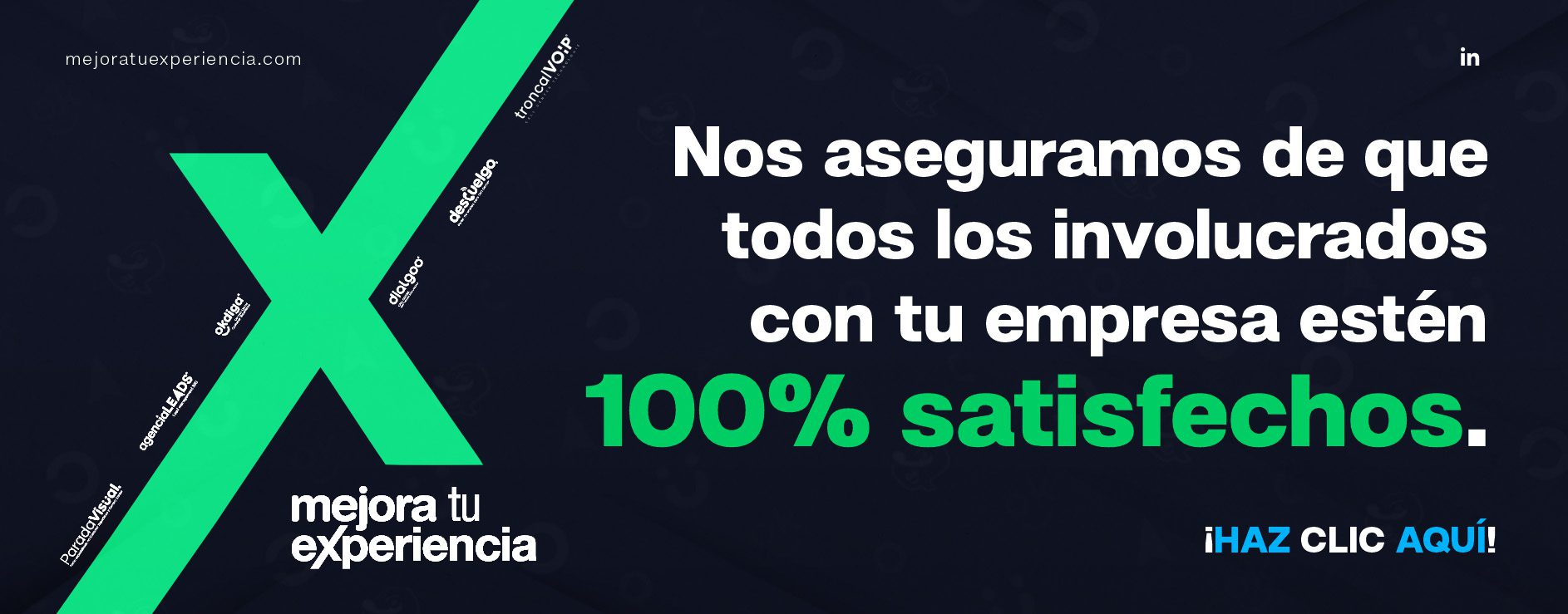Spain, the United States, and the United Kingdom have jointly launched the World Technology Forum of the Organization for Economic Co-operation and Development (OECD), an initiative that seeks to be a space for dialogue for debate about new technologies, their opportunities, and challenges.
In the announcement, Carme Artigas, Secretary of State for Digitalization and Artificial Intelligence, stated that “I will be very honest: the world needs this Forum. No international organization or entity has yet considered the application of certain emerging technologies throughout society.”
Together with Artigas, the Deputy Secretary General of the OECD, Ulrik Vestergaard; Director General of the UK’s Digital Economy, Susannah Storey; and United States Ambassador for Cybersecurity and Digital Policy, Nathaniel Flick.
Within the framework of its presidency at the organization’s Ministerial Conference, Spain was the last of three backers to sign off on the project, which was put forward by two other countries in September this year.
The World Technology Forum, which will follow the protocols of other OECD world forums, seeks to create a global roadmap for digital transition and the use of new technologies, not only anticipating the opportunities they offer, but also anticipating possible challenges or challenges. that they can serve. This will be done by meeting every two years and at two different levels: one ministry or government and another with experts, companies and civil society.
The World Technology Forum will also be fostered by other international efforts such as the Forum on Future Technologies or the recent OECD Digital Economy Summit, which was held in Gran Canaria this year. In addition, it complements the Declaration for a Reliable, Inclusive and Sustainable Digital Future, which was signed at this recent gathering to promote digital and ecological transitions.
In its work identifying and analyzing different technological advances and their implications for society and their regulatory framework, Spain will focus on neurotechnology and quantum computing, both of which are contemplated in the Government’s strategic plans (in the National Strategy for Artificial Intelligence and in the Quatum Spain programme, respectively) .
In this way, by participating in the new Forum, Spain will follow the guidelines of the Digital Rights Charter, which is intended to place people at the center of digitalization strategies.

“Entrepreneur. Internet fanatic. Certified zombie scholar. Friendly troublemaker. Bacon expert.”









